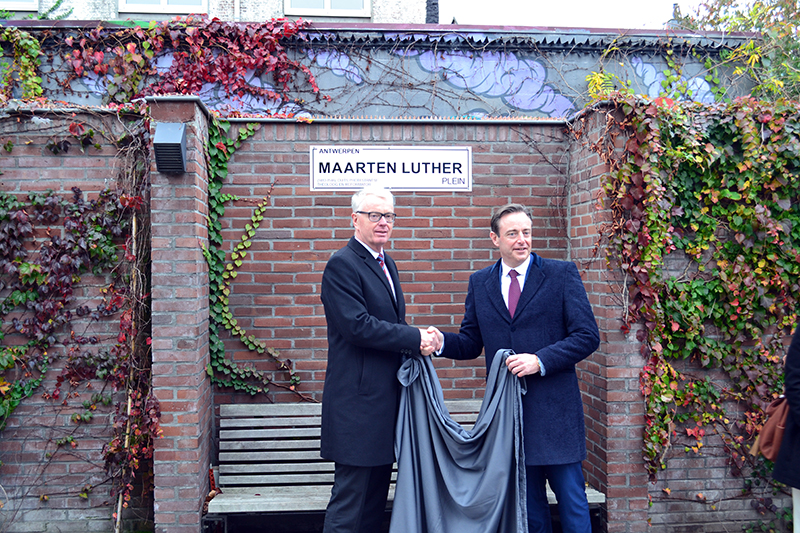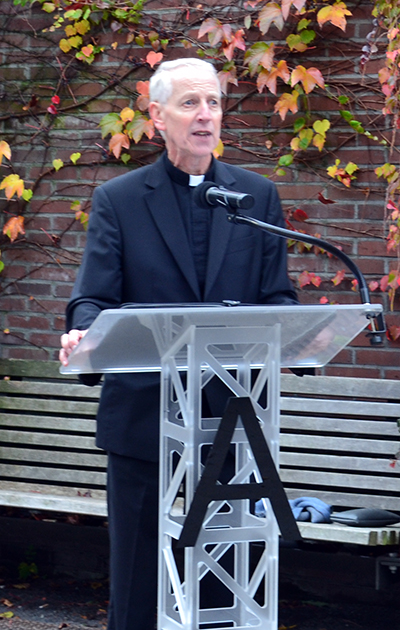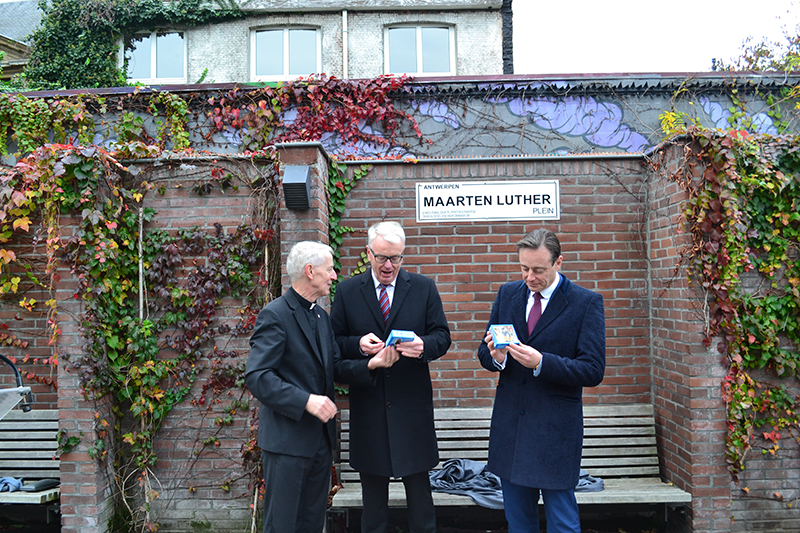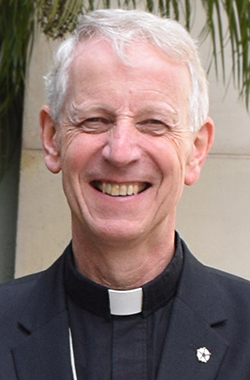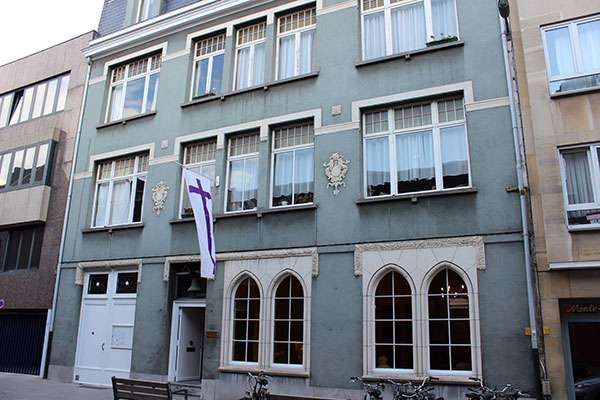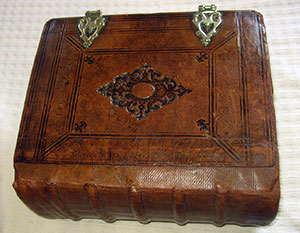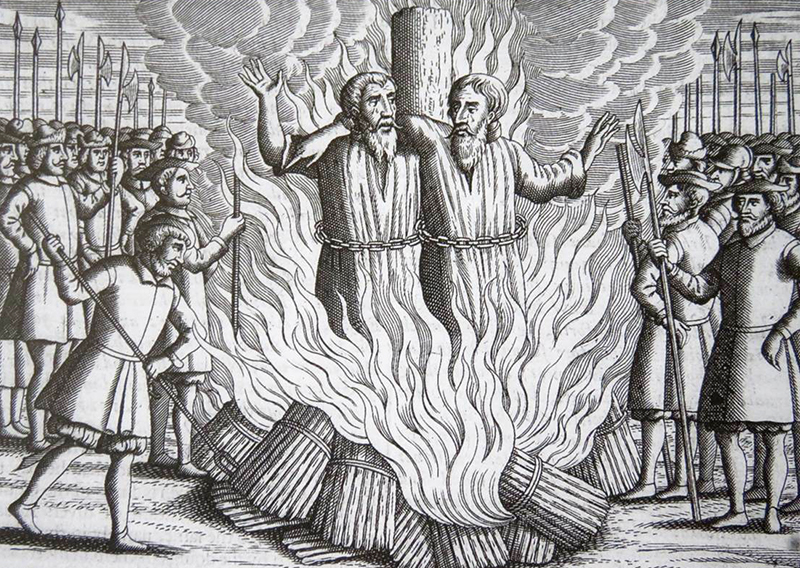
BELGIUM – July 1, 2023 marks the 500th anniversary of the martyrdom of Jan van Essen and Hendrik Voes (Vos) in Antwerp, Belgium—the first Lutheran martyrs of the Reformation. In the following article, President Gijsbertus van Hattem of the Evangelical Lutheran Church in Belgium (Evangelisch-Lutherse Kerk in België – ELKB) reflects on how the Reformation came to Antwerp and the events surrounding the death of Essen and Voes.
———————
July 1, 1523: 500 years since the first martyrs of the Reformation
by Gijsbertus van Hattem
The Reformation in Antwerp
On September 2, 1566—almost 50 years after the start of the Reformation on October 31, 1517, the day Martin Luther (1483–1546) nailed his theses on and against indulgences to the door of the castle church in Wittenberg—the first Lutheran Church was officially organized in Antwerp.
This does not mean that there were no Protestants or, more specifically, no Lutherans in Antwerp during these 50 years. Antwerp was a thriving city and, at the time, after Paris the largest European metropolis north of the Alps, with around one hundred thousand inhabitants. Also, because of its contacts with the Hanseatic League (a trade organization of cities in north and north-west Europe), merchants of many nationalities lived in Antwerp.
Almost immediately after the publication of Martin Luther’s 95 Theses, his ideas were circulating in Antwerp among the brothers of his own Augustinian order, whose monastery was located where today the St. Andrew’s Church stands (successor of the former monastery church). This monastery was founded in 1513, on grounds given by the Antwerp citizens Joost Hoens and Marcus Mussche, and had strong ties with Wittenberg. Jacob Praepositus, the prior, had been a student of Luther’s before he returned to Antwerp in 1521. Other well-known names are those of Hendrik van Zutphen, who also studied at Wittenberg, Hendrik Voes (or Vos), and Jan van Essen, and several others. They openly advocated the Reformation ideas and spoke against false doctrines and practices in the Catholic Church. Many citizens accepted the new teachings. And then of course there were the influential German merchants who controlled a large share of the trade in Antwerp and played an important role in bringing the Reformation to the Low Countries. This all contributed to the presence of a fairly large community of Lutherans in the early 1520s. The reaction of the government came without delay, and soon the first heretics would be burned at the stake.
The so-called Low Countries or the Netherlands were part of the Holy Roman Empire of the German Nation of Charles V (1500–1558). Antwerp belonged, like Brussels, to Brabant. Charles V was not in favor of the new ideas which were being disseminated throughout his empire. In April 1521, at the Diet in Worms, Luther was outlawed. Throughout the entire empire, actions against the Reformation were also being undertaken, with the emperor issuing laws against the heretics—the so-called ketterplakkaten (edicts against the heretic)—and fostering the Inquisition.
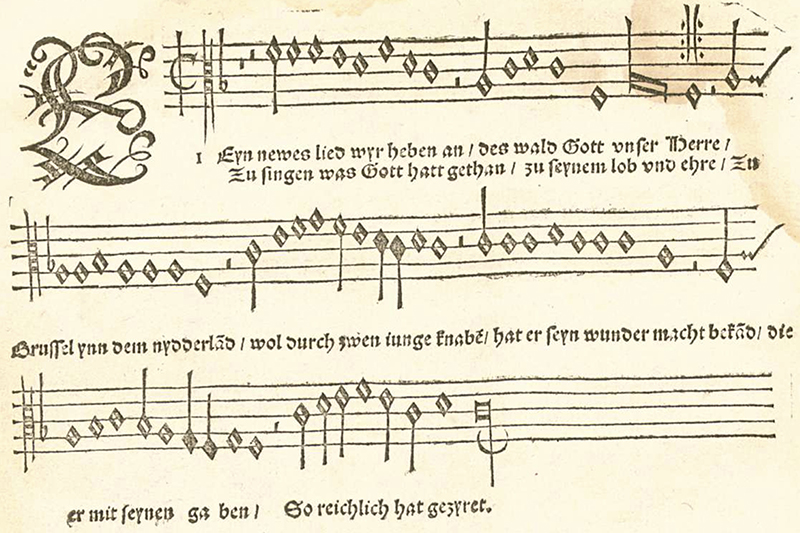
The consequences were soon also felt in Antwerp. The monastery of the Augustinians was demolished in October 1522. That same year, Praepositus was imprisoned, but recanted, changed his mind again, and managed then to flee the city to become a pastor in Bremen. The same happened to Van Zutphen, the new prior, who also escaped. However, Hendrik Voes and Jan van Essen were imprisoned, refused to recant, and on July 1, 1523 were burned at the stake at the Grote Markt in Brussels. They are considered the first two Lutheran martyrs. When Luther heard about the executions, he wrote a comforting “Letter to the Christians in the Low Countries” and composed the hymn “Ein neues Lied wir heben an” (“A New Song Be By Us Begun”).
A paraphrase of a small portion of the song is known in English as “Flung to the Heedless Winds” (TLH 259). The first verse of that paraphrase reads:
Flung to the heedless winds
Or on the waters cast,
The martyrs’ ashes, watched,
Shall gathered be at last.
And from that scattered dust,
Around us and abroad,
Shall spring a plenteous seed
Of witnesses for God.
———————
Rev. Gijsbertus van Hattem is President of the Evangelical Lutheran Church in Belgium. The article above is selected and adapted from his 2018 book 450 Jaar Lutheran Church in Antwerp, which recounts the history of the Reformation in Antwerp in both English and Dutch (Flemish).


 The conference featured three keynote presentations: Rev. Sebastian Gruenbaum of Finland presented on “Living in My Generation: Hopes and Threats of Our Time in the Light of Christ’s Word;” Rev. Dr. Christian Neddens of Germany spoke on “Living with Hope in Daily Life: How the Christian Faith Shapes Our Actions and Witnessing to Our Generation;” and Rev. Dr. Asger Christian Hoejlund of Denmark lectured on “Hope as Drawn from Martin Luther’s Writings of 1520.”
The conference featured three keynote presentations: Rev. Sebastian Gruenbaum of Finland presented on “Living in My Generation: Hopes and Threats of Our Time in the Light of Christ’s Word;” Rev. Dr. Christian Neddens of Germany spoke on “Living with Hope in Daily Life: How the Christian Faith Shapes Our Actions and Witnessing to Our Generation;” and Rev. Dr. Asger Christian Hoejlund of Denmark lectured on “Hope as Drawn from Martin Luther’s Writings of 1520.”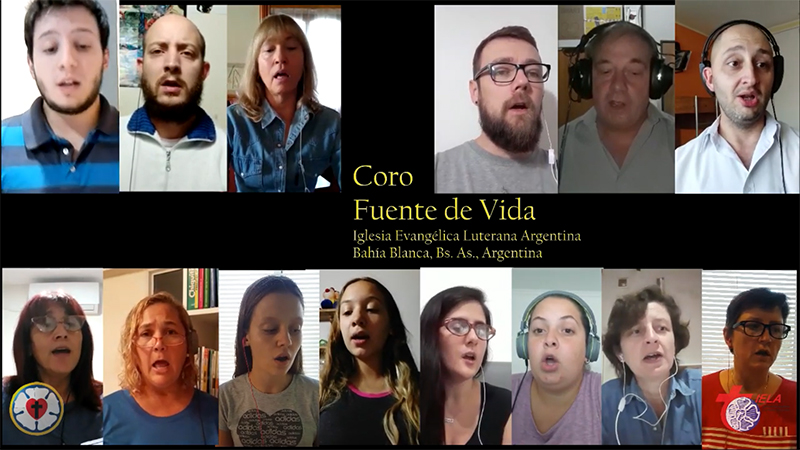
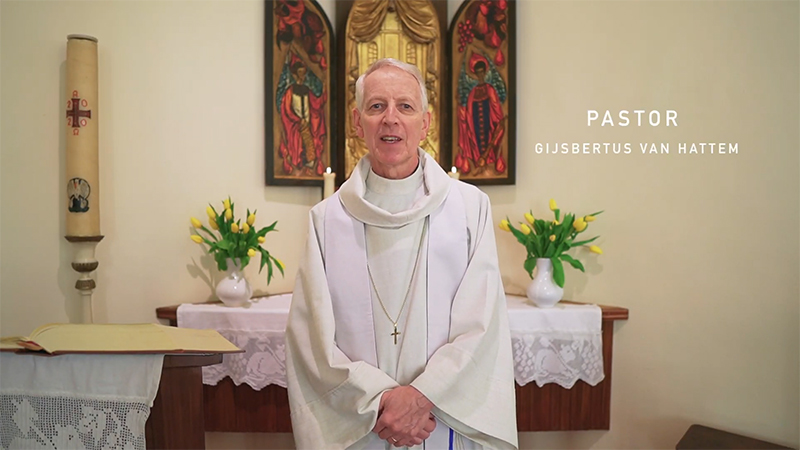
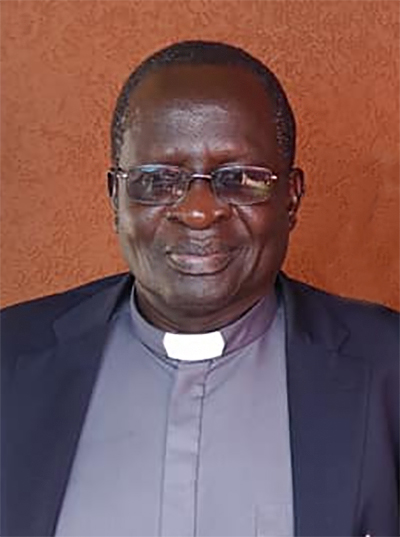
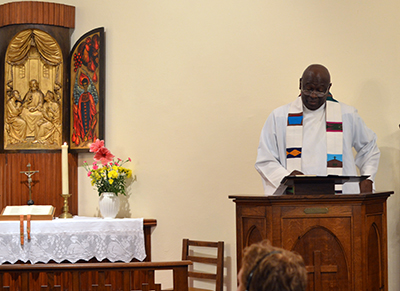
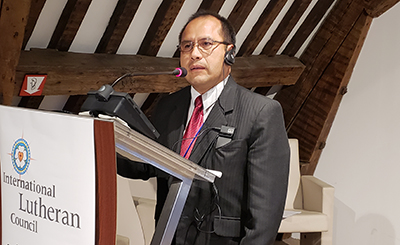
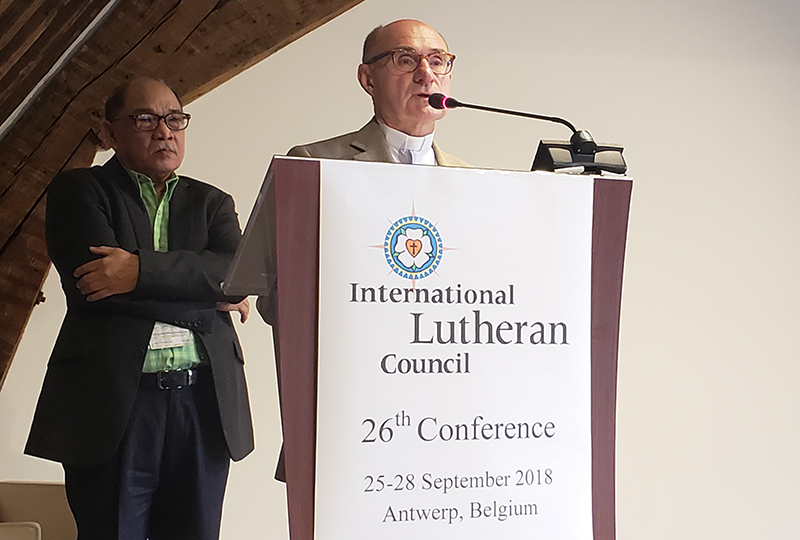
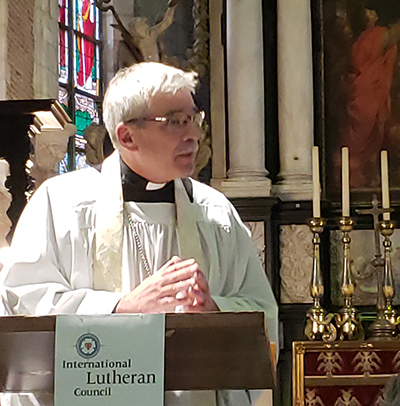
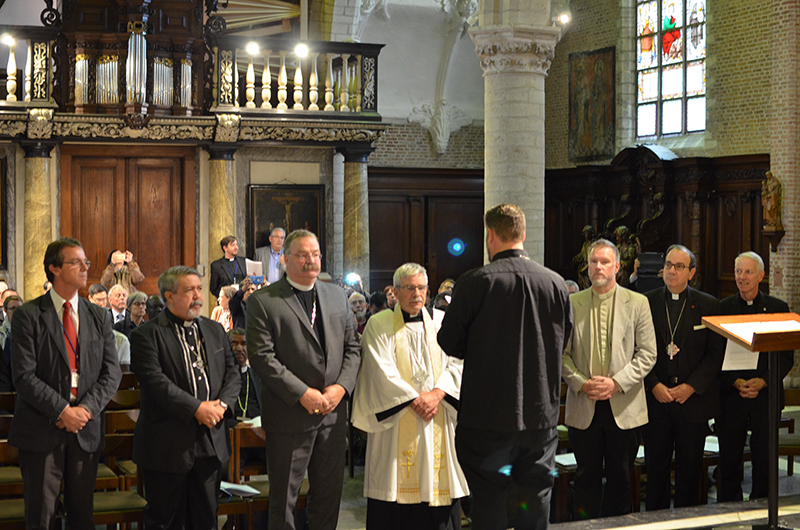
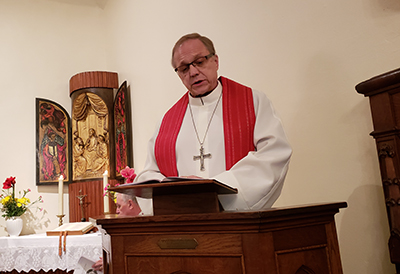
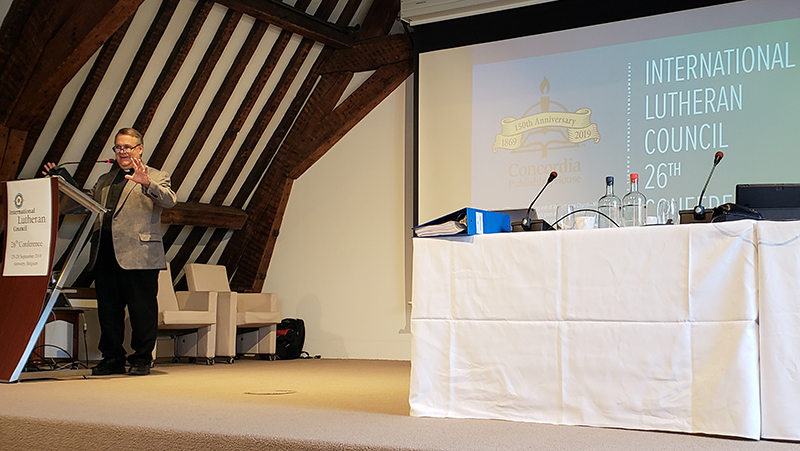
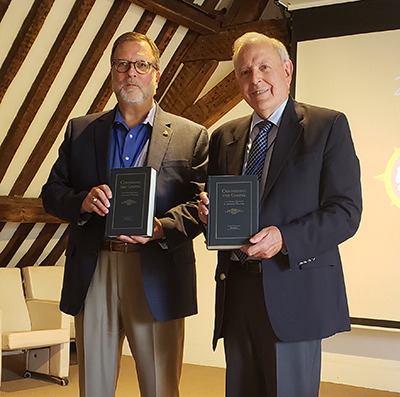
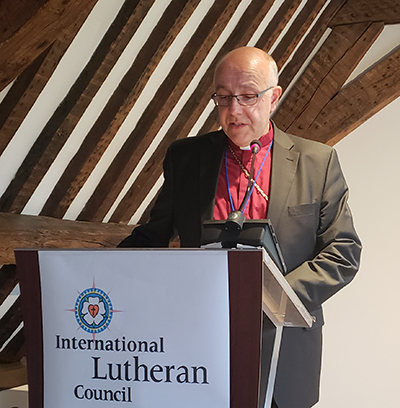
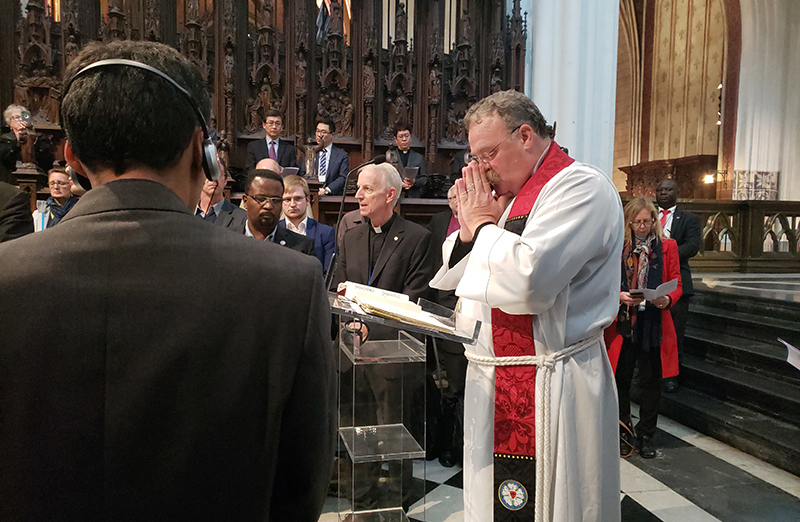
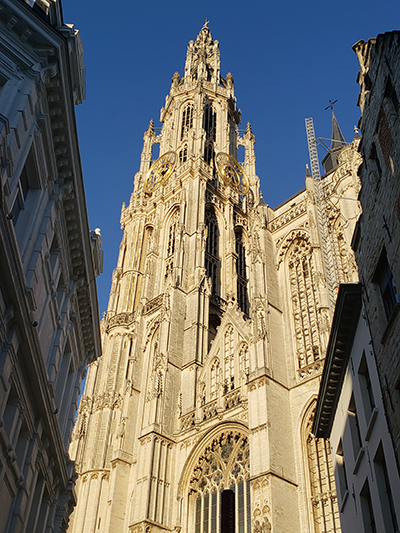
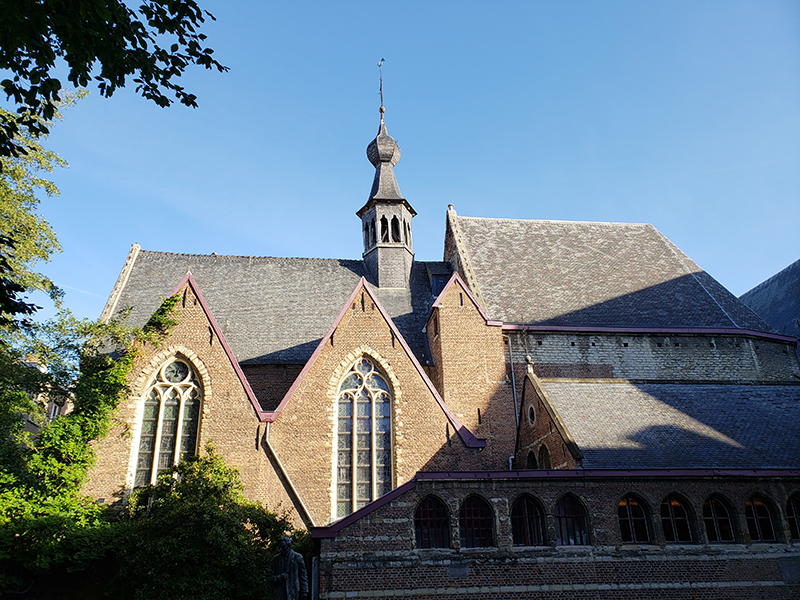
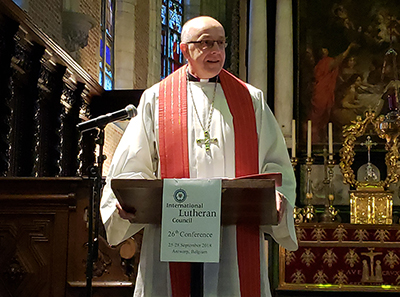
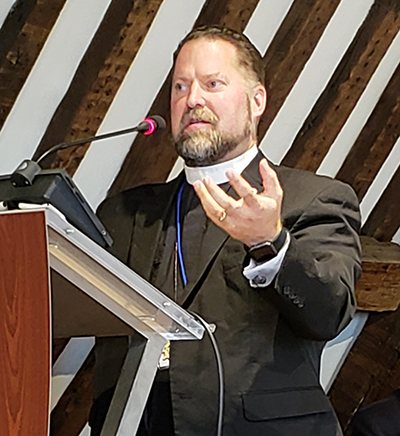
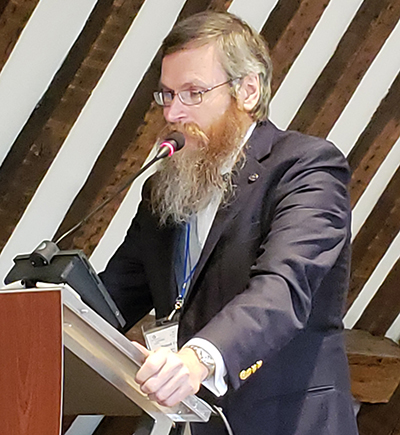
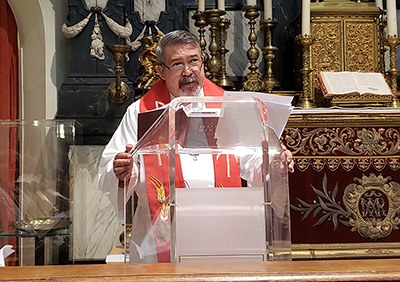
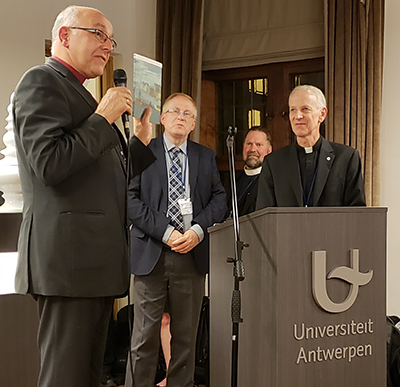
 BELGIUM – The International Lutheran Council (ILC) will hold its 26th (11th) World Conference September 25-28, 2018 in Antwerp, Belgium, meeting under the theme “Ecclesiology and Ecumenism.” The event will also mark the ILC’s 25th anniversary in its current form.
BELGIUM – The International Lutheran Council (ILC) will hold its 26th (11th) World Conference September 25-28, 2018 in Antwerp, Belgium, meeting under the theme “Ecclesiology and Ecumenism.” The event will also mark the ILC’s 25th anniversary in its current form.